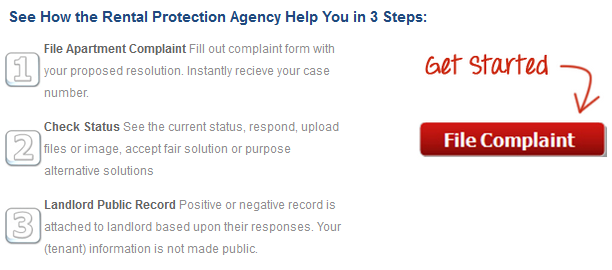Texas Law On Replacement Of Apartment Carpet

So if the carpet has a ten year life expectancy the tenant would pay two tenths of the carpet s total price.
Texas law on replacement of apartment carpet. Nails from carpet tack strips can pierce a bare foot. As such tenants cannot be evicted in texas because they have requested a certain repair or exercised their rights as a tenant by filing a complaint with a local government agency. Security deposit is required from tenants by the landlord before moving in a rental property. If carpeting is moldy worn or very unsanitary it can pose a health risk.
The dollar amount is then calculated automatically. Carpet replacement laws by tenant. Carpet that is ripped or torn can cause you to fall and injure yourself. Landlords are obligated to make rental property safe and habitable.
Not all carpet is created equal therefore it is hard to put a general time stamp on when it should be replaced due to normal wear and tear. Through excel you can create a formula whereby you enter the date the carpet was installed the price of the carpet the move in date and the move out date. There is no law in texas how often the carpets have to be changed in apartments. It is free and quick.
I know someone who has lived in the same apartment for over 20 years with the same carpets. How often does a landlord have to replace carpets. Texas tenants can also not be evicted on chiefly discriminatory grounds. The law about changing carpets every 3 or 5 years is a bit like the old rule from college about getting a refund on a class if the professor is more than 15 minutes late.
Filed in the texas statutes under wishful thinking. If the landlord has to replace the entire carpet two years before the end of the carpet s life expectancy then the tenant would pay the equivalent of two years worth of the carpet s price. Please register to post and access all features of our very popular forum. A landlord must replace carpet that poses these types of safety hazards.
Under texas law it is illegal for a landlord to retaliate against you for complaining in good faith about necessary repairs for a period of six months from the date you made such a complaint.


















